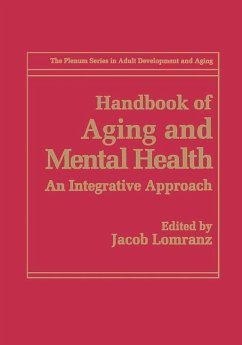The study of the unconscious makes sense for the depression clinic, because it is structured as language. It is in language that we rely when we seek an assertive clinic. A language that is based on ideology and draws on the psychic memory of the patient, learner and analysand. The Quaternary Structure is the dynamic relationship between present and absent, in the articulatory binomial of loss-lack. By analyzing the clinic of depression through psychoanalysis and reminiscences, or the rest, we revisit the Freudian assumption that traumas are inherent in our childhood life. In encoding, the assumption of a cycle of subject, demand and image confirms the idea that it is people who depress people and only in this personal relationship and favourable organizational climate can we find the answer to this exhaustion and also to any intervention in the depression clinic.
Bitte wählen Sie Ihr Anliegen aus.
Rechnungen
Retourenschein anfordern
Bestellstatus
Storno








